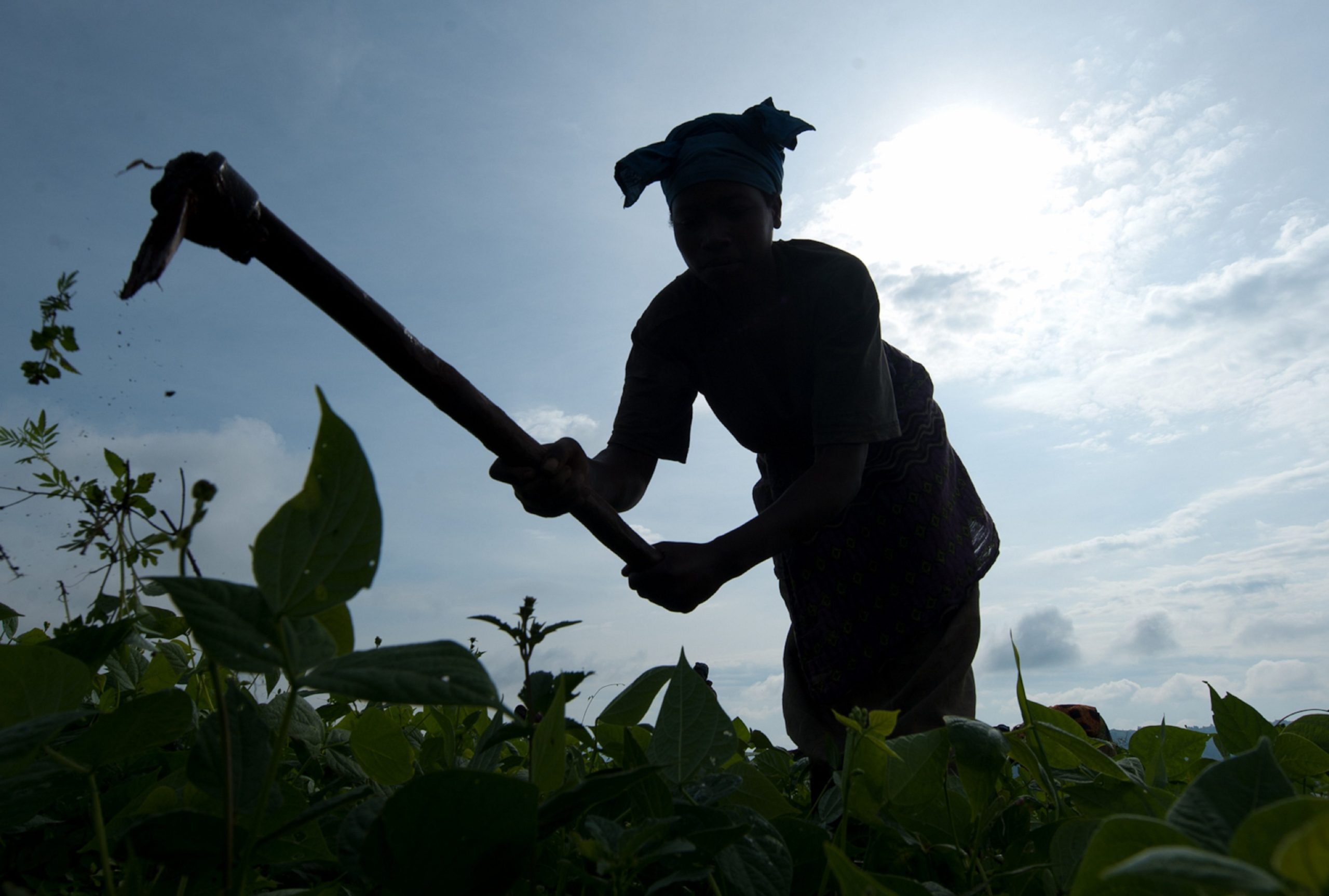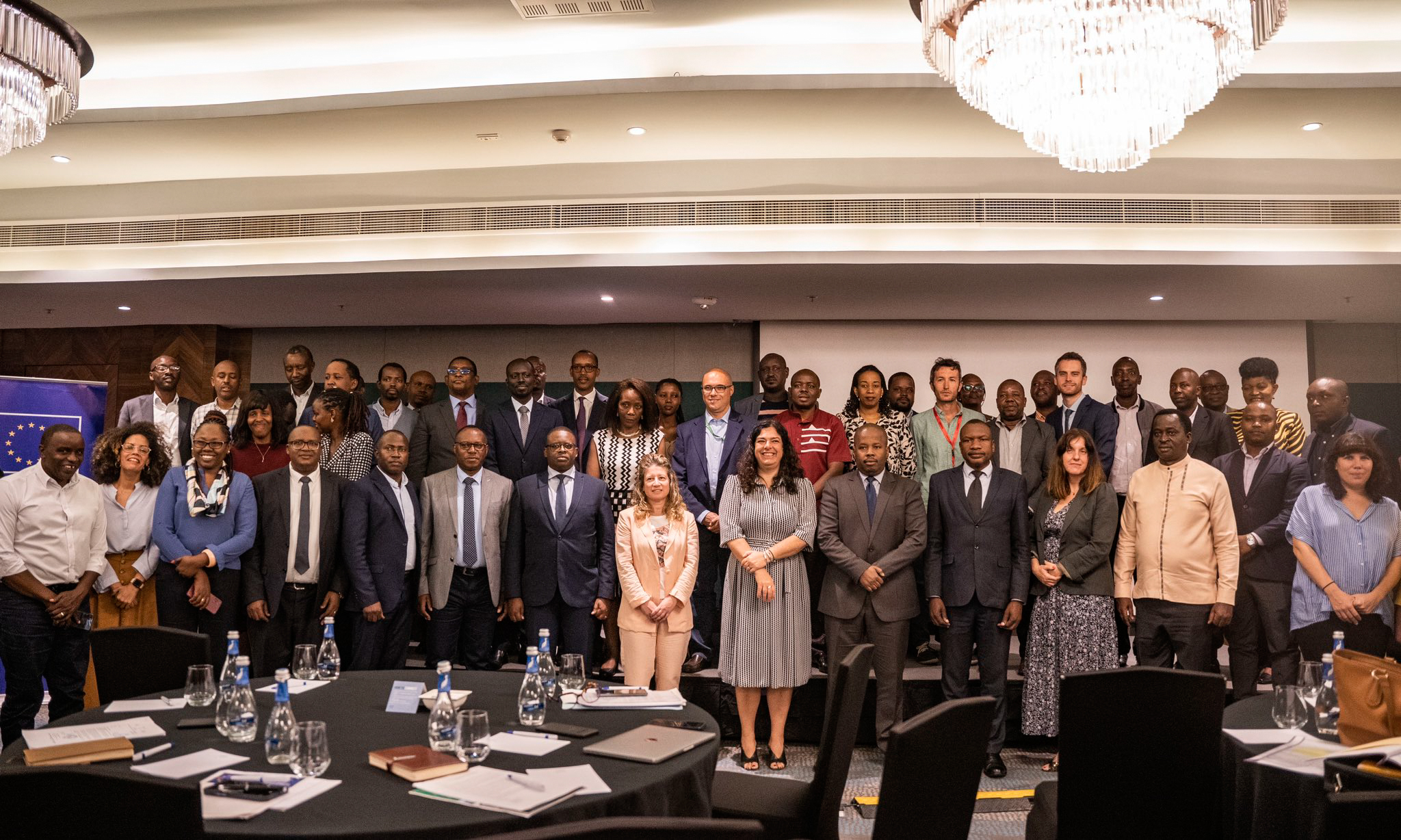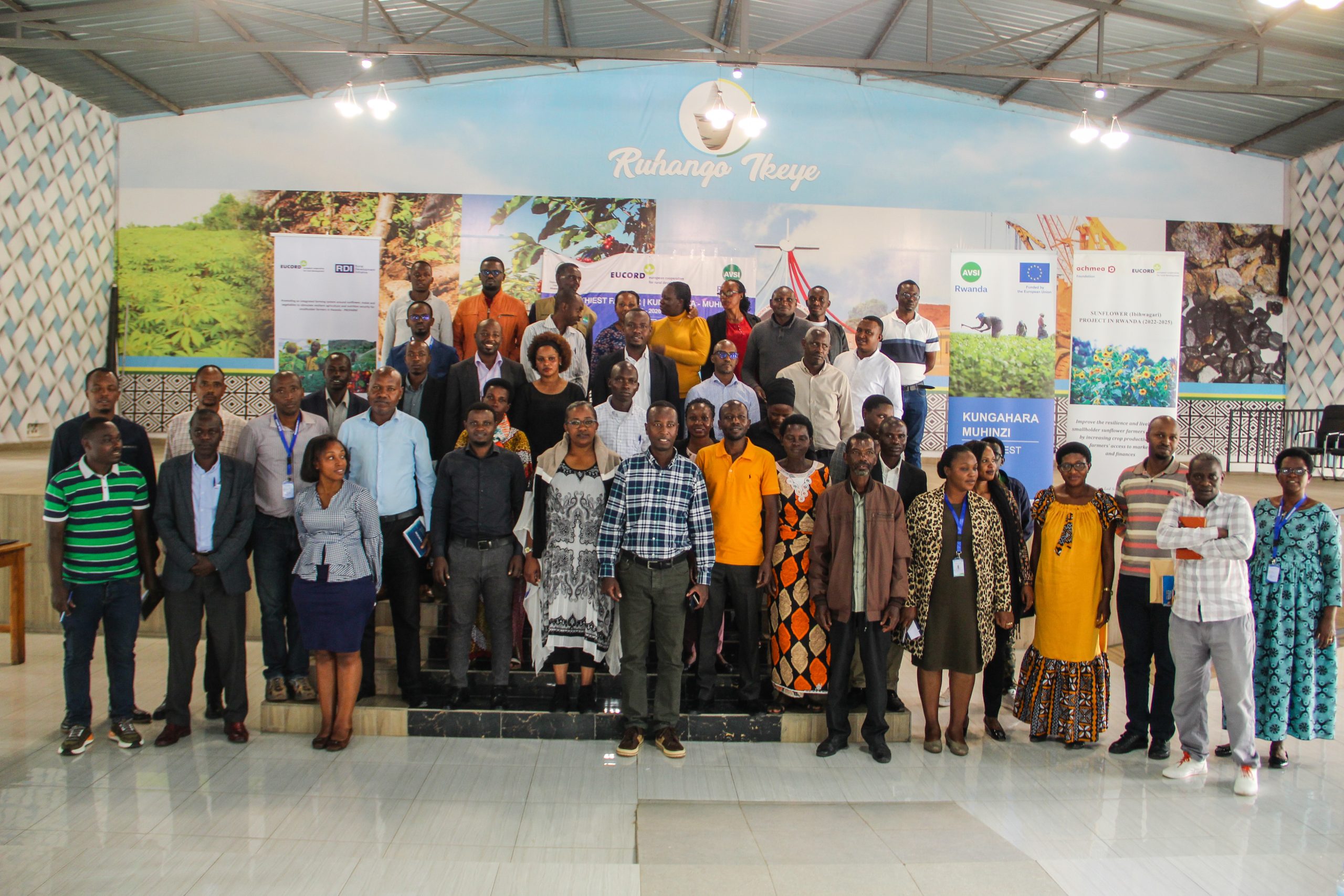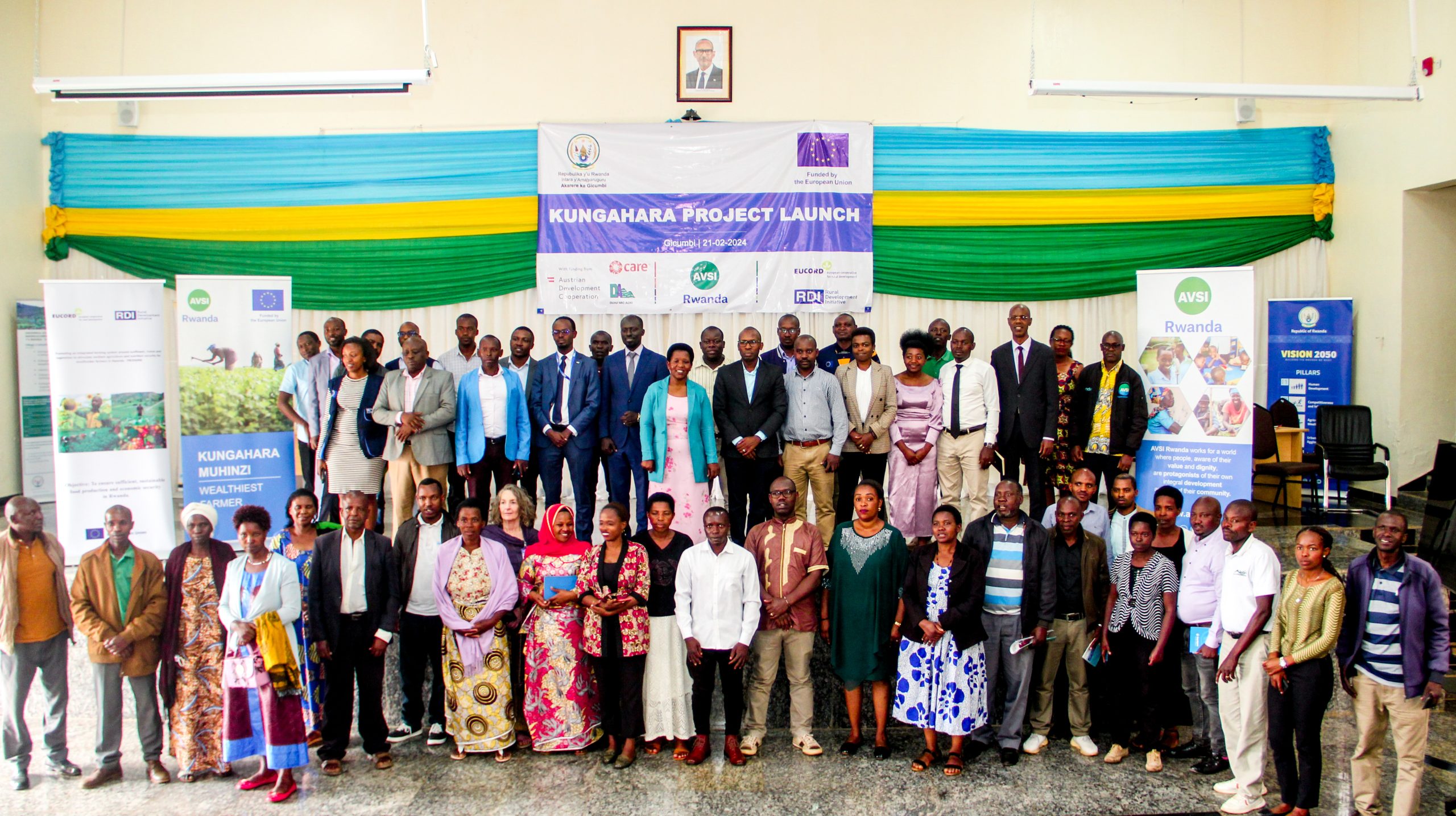Rwanda economy remains predominantly dependent on agriculture, with 69 percent of rural households involved in small-scale farming on limited land. Irregular rainfall, drought, floods, pests and diseases, together with limited land for agriculture, continue to affect the food security in Rwanda.
Funded by the European Union, the initiative Kungahara – Muhinzi named in local language “Wealthiest Farmer” aims to transform the food and nutrition landscape by amplifying sustainable production practices and strengthening agricultural value chains. The project, spanning multiple districts, aims to benefit over 211,000 rural households.
Empowering communities through agriculture: a collaborative effort
Led by the European Union and executed in partnership with local organizations, including AVSI Rwanda, the Kungahara project will focus on the empowerment for of Rwandan farmers. With an investment exceeding 11 million euros, 14 projects will unfold across 20 districts over the next four years. At its core, the initiative seeks to empower communities through enhanced agricultural resilience and improved food security.
AVSI Rwanda’s intervention
Spanning from November 2023 to October 2026, the Wealthiest Farmer "Kungahara - Muhinzi" project implemented by AVSI Rwanda will unfold its journey across three strategically chosen districts: Nyanza, Ruhango, and Gicumbi.
By equipping farmer groups and cooperatives with advanced techniques in food storage and product transformation, the initiative aims to mitigate food loss and enhance market accessibility. Moreover, targeted interventions will support malnourished children, ensuring access to a balanced diet and vital healthcare services.
A holistic approach to improve food security in Rwanda
Central to the project's goal is the distribution of fruit trees and small livestock, promising to significantly enrich the nutritional landscape for participants. Among the anticipated outcomes are the empowerment of over 1,662 smallholder farmers, with a strong focus on female participation, and the formation of 83 Farmer Field School groups. Additionally, five women cooperatives with 107 members will receive specialized support, alongside 105 actors within the selected commodity value chains.
As AVSI Rwanda, we're thrilled to launch the Kungahara - Muhinzi project, harmonizing with our mission. We envision a world where individuals, conscious of their value and dignity, are the architects of their own development. This EU-funded project empowers communities, making them protagonists in their agricultural and economic journey. Together, we cultivate dignity and purpose, fostering a future where every person plays a vital role in their community's success.
Pierre Bayiringire, AVSI Rwanda Program Manager
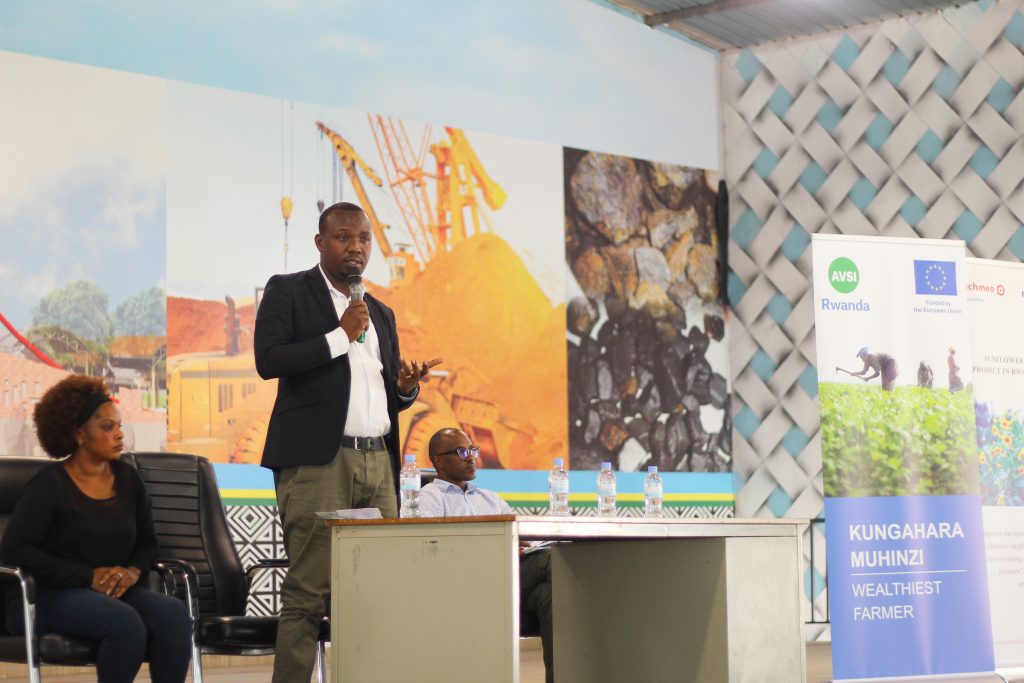
Envisioning a future of strength and access
The Kungahara - Muhinzi project envisages a future where households and smallholder farmers are equipped with the tools, knowledge, and access needed to thrive. By enhancing capacities in nutrition-sensitive agricultural practices and fostering increased access to markets and sustainable inputs, the initiative paves the way for empowered communities and resilient food systems.
Project gains momentum: a recap of dynamic launching events
Throughout the course of mid-February, the Kungahara - Muhinzi project embarked on a series of launching events across Rwanda. Commencing in Nyanza District on the 14th, the initiative brought together key stakeholders to share on essential project components and understand their pivotal roles fostering success. The momentum continued the 15th in Ruhango District, where stakeholders from various levels convened to grasp the project's objectives and collaborative frameworks. Lastly, on the 21st, Gicumbi District witnessed the project's official launch, accentuated by the collective efforts of participating organizations supported by the European Union. These events underscored a concerted commitment to boosting food security, fostering nutrition, and empowering smallholder farmers across Rwandan communities.
